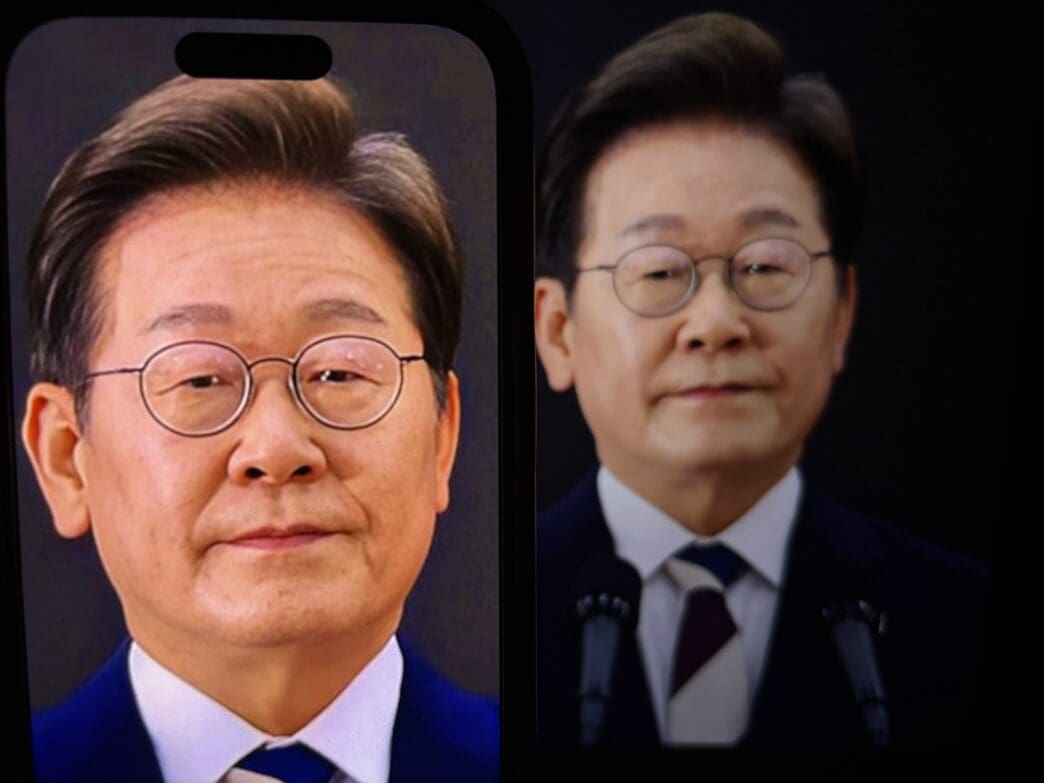Executive Summary
The Story So Far
Why This Matters
Who Thinks What?
Chinese President Xi Jinping is concluding a three-day state visit to South Korea on Saturday, meeting with President Lee Jae Myung in Gyeongju on the sidelines of the Asia-Pacific Economic Cooperation (APEC) forum. This visit underscores South Korea’s delicate balancing act between its long-standing alliance with the United States and its critical economic ties with China, as President Lee navigates complex regional dynamics and aims to protect the nation’s export-driven economy.
South Korea’s Diplomatic Balancing Act
President Lee Jae Myung, who assumed office in June following the ouster of his predecessor, faces the dual challenge of safeguarding South Korea’s economy and lowering tensions with North Korea amidst rising China-U.S. competition. His engagement with President Xi follows a hurried state visit from U.S. President Donald Trump earlier this week.
During his visit to South Korea, President Trump secured a trade deal aimed at lowering U.S. tariffs in exchange for billions of dollars in South Korean investment in the United States. Ahead of the APEC summit, President Trump also met with President Xi, striking an agreement that includes reduced U.S. tariffs on Chinese goods, a crackdown on illicit fentanyl trade, the resumption of U.S. soybean purchases, and continued rare earth exports.
Key Discussions with Beijing
President Lee’s office stated that discussions with President Xi will focus on the denuclearization of the Korean peninsula, a diplomatic phrase referring to North Korea’s nuclear weapons program. Pyongyang, a military and economic ally of China, dismissed the denuclearization agenda as an “unrealisable pipe dream.”
Seoul is also pressing for an easing of China’s years-long restrictions on South Korean entertainment content, effectively banned after the 2017 deployment of the U.S.-led Terminal High Altitude Area Defense (THAAD) missile defense system. South Korea has further voiced concerns over China’s controls on rare earth exports and sanctions against five U.S.-linked units of South Korean shipbuilder Hanwha Ocean.
China’s Regional Posture
With President Donald Trump skipping this week’s APEC leaders’ summit, Beijing has sought to position itself as a predictable champion of free and open trade, a role historically dominated by the U.S. President Xi also held talks with the leaders of Japan, Canada, and Thailand during the summit.
John Delury, a senior fellow at the Asia Society, suggested that China is currently in a “phase one” approach, observing the Trump administration’s actions rather than launching a major charm offensive toward U.S. allies like South Korea. An APEC official indicated that member states are actively negotiating a joint declaration on free trade.
Economic and Security Interplay
The high-stakes diplomatic engagements underscore the intricate web of economic and security interests at play in Northeast Asia. South Korea, a key U.S. military ally hosting thousands of American troops, is simultaneously heavily reliant on China for its export-driven economy.
South Korea’s efforts to balance its crucial relationships with both the United States and China will be key to its economic stability and regional security in an increasingly competitive global landscape.








